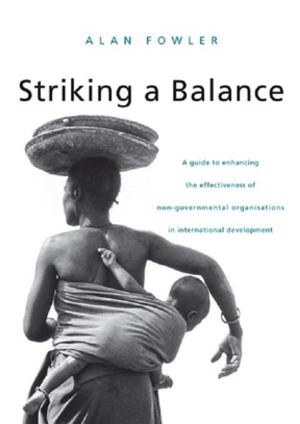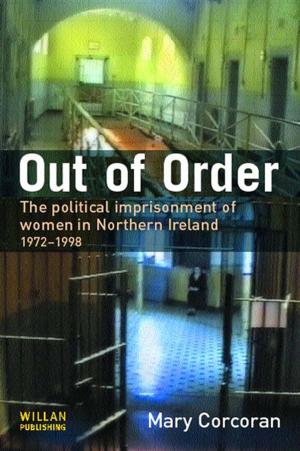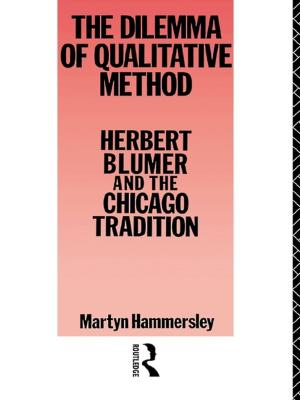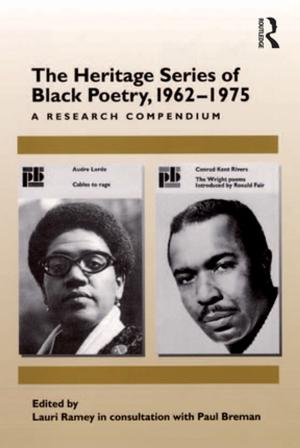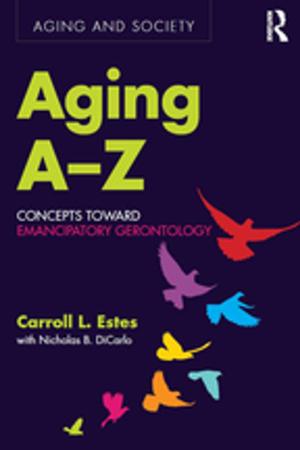The Therapeutic Relationship
Innovative Investigations
Nonfiction, Health & Well Being, Psychology, Psychotherapy, Mental Health| Author: | ISBN: | 9781317513698 | |
| Publisher: | Taylor and Francis | Publication: | October 2, 2017 |
| Imprint: | Routledge | Language: | English |
| Author: | |
| ISBN: | 9781317513698 |
| Publisher: | Taylor and Francis |
| Publication: | October 2, 2017 |
| Imprint: | Routledge |
| Language: | English |
The therapeutic relationship has been recognized by psychotherapy researchers and clinicians alike as playing a central role in the process and outcome of psychotherapy. This book presents innovative investigations of the therapeutic relationship focusing on various relationship mechanisms as they relate to changing processes and outcomes. A variety of perspectives on the therapeutic relationship are provided through different research methods, including quantitative and qualitative methods, and divergence in psychotherapy orientations, including psychodynamic, interpersonal, cognitive-behavioural therapy, emotion-focused process experiential therapy, narrative therapy, and attachment-based family therapy.
The chapters, written by leading psychotherapy researchers, present cutting-edge empirical studies that apply innovative methods in order to: study process-outcome links; explore in session processes that address the question of how the therapeutic relationship heals; examine the contributions of clients and therapists to the therapeutic relationship; and suggest practical implications for training therapists in psychotherapy relationships that work. Research on the therapeutic relationship has been identified as a natural arena for bridging the gap between research and clinical practice, and will be of particular interest to practicing clinicians. This book was originally published as a special issue of Psychotherapy Research.
The therapeutic relationship has been recognized by psychotherapy researchers and clinicians alike as playing a central role in the process and outcome of psychotherapy. This book presents innovative investigations of the therapeutic relationship focusing on various relationship mechanisms as they relate to changing processes and outcomes. A variety of perspectives on the therapeutic relationship are provided through different research methods, including quantitative and qualitative methods, and divergence in psychotherapy orientations, including psychodynamic, interpersonal, cognitive-behavioural therapy, emotion-focused process experiential therapy, narrative therapy, and attachment-based family therapy.
The chapters, written by leading psychotherapy researchers, present cutting-edge empirical studies that apply innovative methods in order to: study process-outcome links; explore in session processes that address the question of how the therapeutic relationship heals; examine the contributions of clients and therapists to the therapeutic relationship; and suggest practical implications for training therapists in psychotherapy relationships that work. Research on the therapeutic relationship has been identified as a natural arena for bridging the gap between research and clinical practice, and will be of particular interest to practicing clinicians. This book was originally published as a special issue of Psychotherapy Research.




